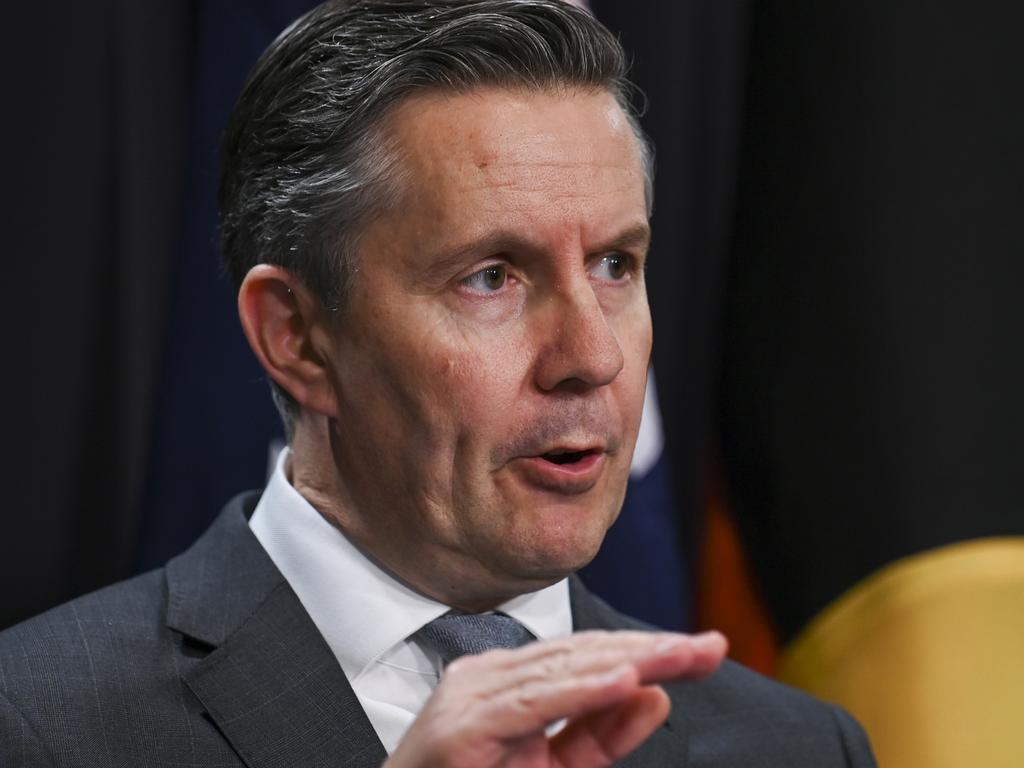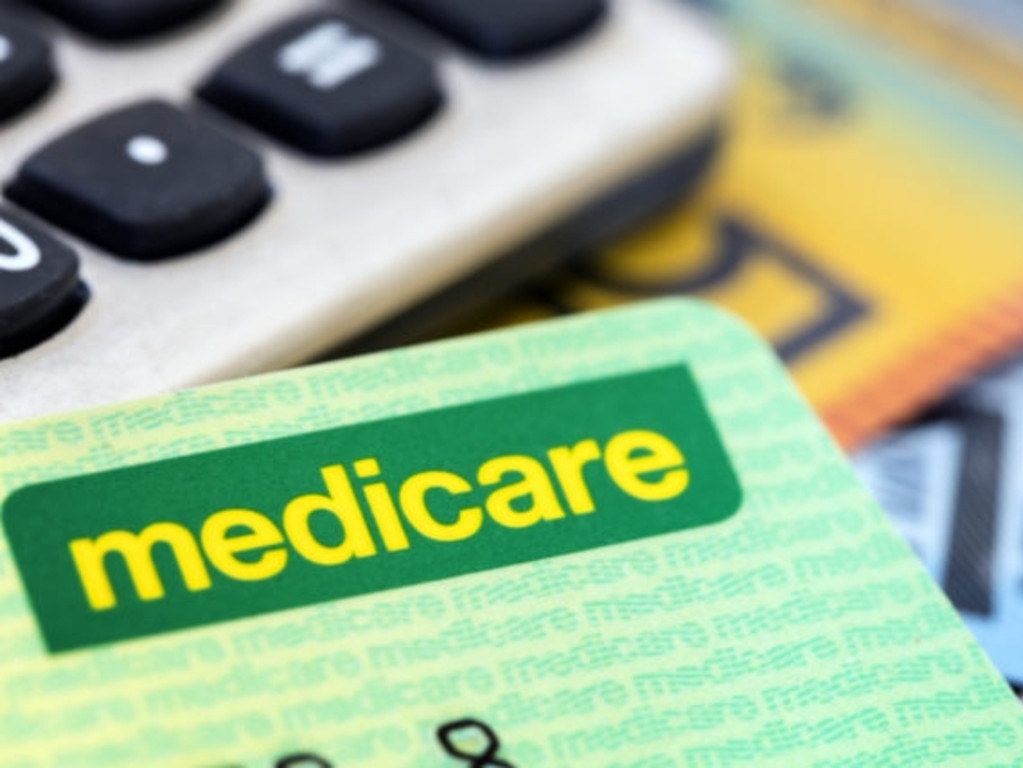Federal budget 2023: Doctors praise $1.5bn cash injection
The long-term trend of inadequate indexation of medical rebates is set to end after the federal budget detailed plans to change the formula that governs yearly payment increases.

The long-term trend of inadequate indexation of medical rebates is set to end after the federal budget detailed plans to change the formula that governs yearly increases of payments for schedule items that is set to inject $1.5bn into Medicare.
Budget papers reveal the government “has updated the methodology for calculating the indexation factors to better align with changes in economic conditions” for several major programs, including the Medicare Benefits Schedule, aged care home support programs, and programs that fund community sector organisations.
The indexation rate for Medicare rebates averaged just 1.1 per cent for the past three decades, while CPI and average weekly earnings have risen on average 2.42 and 3.53 per cent respectively in the same period.
Inflation eroded the rebate in real terms even further, compounding the effect of years of rebate freezes that denied almost $4bn to patients.
The effect of the indexation on top of the rebate freezes has been estimated as having ripped a further $8.6bn out of Medicare for the most common schedule item number alone.
Doctors have long complained that government indexation of Medicare rebates has never kept pace with the rising costs of running a medical practice due to the indexation formula used by the Department of Finance under the wage cost index, which is a combination of indices relating to wage levels and the CPI. The annual changes to the CPI and average weekly earnings – a measure not considered by the Finance Department – have consistently been double or triple the calculated rate of Medicare indexation.
The federal government did not reveal the basis of the new formula it would use to calculate MBS indexation, but budget papers reveal the injection of funds to Medicare as a result of the change is estimated to be $1.5bn over the next four years.
“We welcome the changes to the formula for indexing Medicare rebates that will deliver an extra $1.5bn over and above the former framework that had been in place since 1996 and saw the value of a patient’s rebate fall significantly in real terms,” Australian Medical Association president Steve Robson said.
“The AMA ran a strong campaign on the issue of Medicare indexation and the impact of the Medicare freeze, and we’ve now seen recognition of the successive underfunding in stealth of Medicare by substandard indexation.”
The indexation change is further good news for doctors’ groups who lined up to praise the Albanese government’s very significant investment in primary care in this budget. Although some questioned whether the tripling of the bulk-billing incentives would reverse the declines that have been made to bulk billing, most agreed the policy – which will lift the bulk-billing incentive from $6.60 to more than $20, and double that in remote areas – will address the devastating situation of millions of pensioners being unable to afford to see a doctor.
Health economist Stephen Duckett said Health Minister Mark Butler had backed up the past year of rhetoric on Medicare with “real money to create a new foundation for primary care” in a “well-crafted budget”.
“However, it’s unclear whether it will increase bulk billing,” Professor Duckett wrote in The Conversation. “Practice owners could simply pocket the increased incentive for patients who are already bulk billed, leaving bulk-billing rates unchanged. Or GPs could use the increased revenue from their bulk-billed patients to reduce their hours of work, rather than bulk-billing more patients.”








To join the conversation, please log in. Don't have an account? Register
Join the conversation, you are commenting as Logout